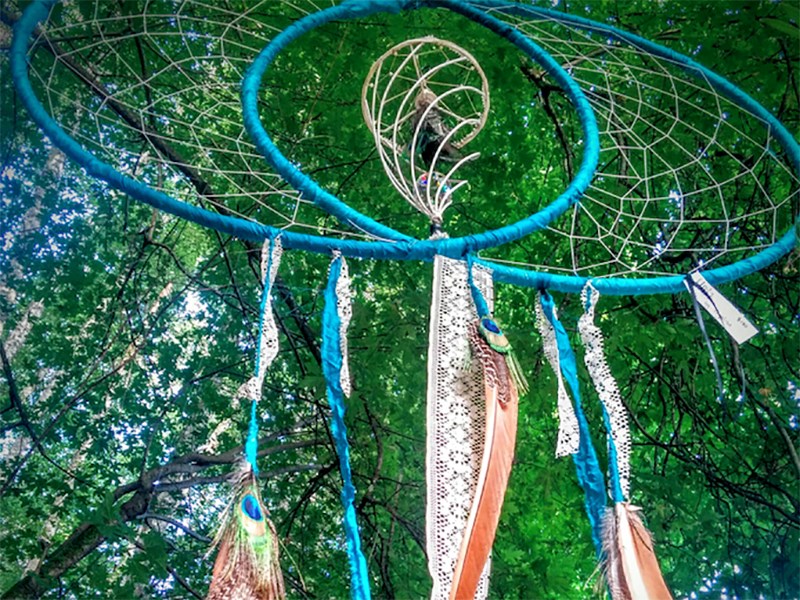If you sneak a peak inside a neighbourhood trash can, you can find all manner of things. A broken toy, a ripped shirt, an empty yogurt container, kitchen scraps and leftover pieces of wood from a home project are all likely candidates for your average garbage can.
All of the above can find another use before the landfill, so why don’t they? The difference between what is considered trash or treasure often seems to be a matter of opinion. If trash is something that no longer has perceived value, how can we start seeing the value of much of what is thrown away?
Going back a few generations, not only did people own less stuff, but they also repaired and reused what they did have. In today’s world of fast fashion, it can be tough to convince anyone to bother to sew on a button or patch up a snag in a favourite shirt. And, even if we did want to, we have lost the skill sets to fix even the simplest of things.
At the same time, there is a growing trend toward upcycling (adding value to items and swerving them off their course to the dump). Countless furniture, clothing and jewellery businesses have set their foundations on using items from waste streams of other industries as building blocks for their products. Purses made from airline seatbelts, blown insulation made from denim fabric and earrings fashioned from leather offcuts are popular these days.
So where is the disconnect between what we will buy and what we discard? Maybe it’s simply marketing, but maybe it’s also about seeing ourselves as part of an ecosystem, where very little is truly waste.
Here are some ideas for how you can be part of closing the loop and giving life back to items not ready for the trash can.
* Host a clothing swap for clothes you’re tired of or no longer fit.
* Ask a friend to show you how to do some basic repairs. Learn to fix a zipper, rewire a light or reinforce a broken chair leg.
* Place a small recycling bin next to all your garbage cans.
* Start collecting kitchen scraps and delivering them to Town Centre Recycling Depot in the parking lot next to Rona to become food for the soil.
By valuing the so-called waste stream, we mimic nature and create a closed-loop system right in our home.
Let’s Talk Trash is Powell River Regional District’s waste-management education program.



